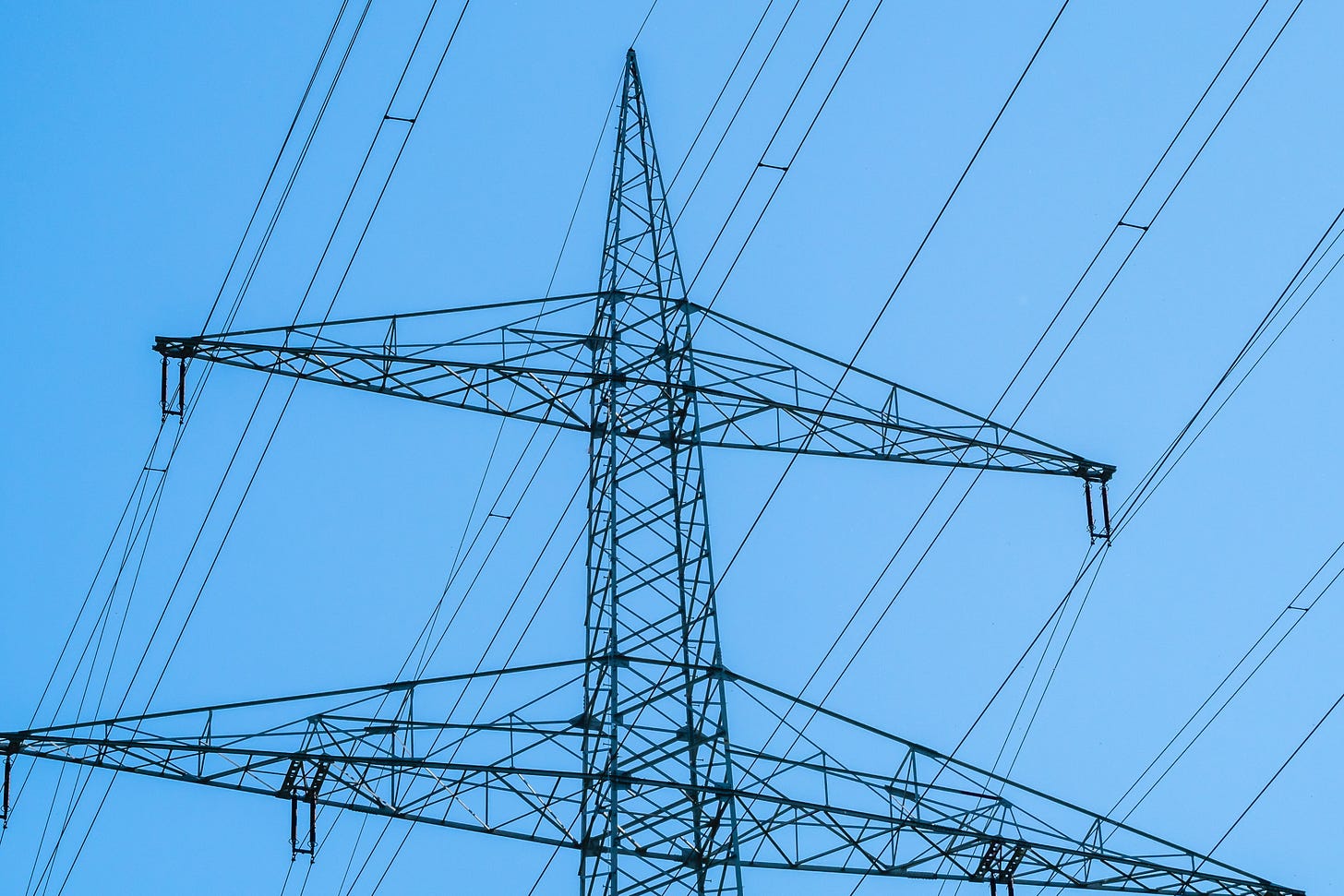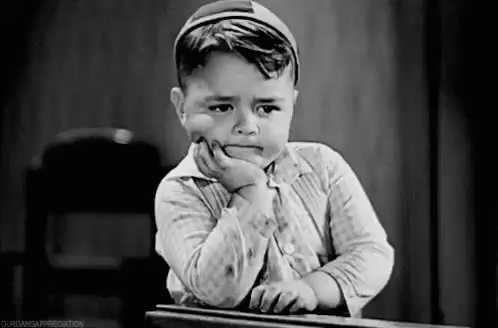Scale and Distribution
The perils of smart speakers and swapping stations' frequencies
In the telly world, a surprise merger between AT&T’s WarnerMedia (CNN, HBO, Warner Brothers, TBS, TNT, DC) and Discovery (Discovery Channel, Animal Planet, TLC, OWN, Eurosport). It’ll result in a business that turns over $52bn with profits of $14bn.
Both are pretty big, and have been focused on rolling out their own streaming platforms - HBO Max and Discovery+ - and trying to compete with Netflix (revenue $25bn), Disney+ (Disney revenue $65bn) and more.
The deal is the result of AT&T realising that media is hard (and want to concentrate on telecoms) and Discovery’s desire to have more scale to compete.
Consumer behaviour is shifting and the TV companies are having to adapt their corporate structures and strategies to keep up.
Disney’s focus on Disney+ has meant killing off many of their broadcast kids channels and axing profitable third-party licensing deals. Netflix has enjoyed much success, with content paid for with debt - they’ve borrowed $16bn to ensure you’ve got something new to watch. It announced at the beginning of the year that it finally had enough subscribers - 200m of them - to pay for its content (and the loan interest) out of its cashflow. Their borrowing gamble seemed to pay off.
Of course for all of the streaming businesses the core elements are owning both the content and the distribution. As many of them have found licensing material is only good whilst the deal lasts.
Getting their ‘apps’ distributed broadly is the other challenge. Size doesn’t matter when you’re arguing with the people with pipes into homes. Something YouTube’s finding as it wrestles with Roku for their cable-TV-like OTT service YouTube TV.
Through a twist of fate, this isn’t something radio has had to worry much about. In the analogue days allocated frequencies on a waveband gave stations a direct-to-consumer route. Even in the DAB world with multiplex operators as gate-keepers, they have to follow fair and effective rules from the regulator.
It’s not quite the same in the smart-speaker landscape, with platform operators like Google and Amazon and global defaults like TuneIn.
Most of these are somewhat benevolent dictators, but the problem is that there’s very little incentive to ensure that radio works properly in their devices. Indeed, with so many stations around the world, the platform operators have outsourced the radio to people like TuneIn.
The challenge is that their business-model is really upselling a subscription service, alongside pre-rolling their own ads over station content. How much is it in their interest to make linear, free-to-air radio, any good?
Yesterday morning’s launch of Absolute Radio Country (an internal re-brand from Country Hits radio) went pretty smoothly on Bauer’s owned-and-operated platforms; smart-speakers were a different story.
Even with good relationships and plenty of warning, Absolute, like Boom Radio before it, is somewhat at the mercy of these operators.
In the UK, public broadcasters have to have good places on the EPG by law, with a digital radio review round the corner, could we see some new legislation that will force platform operators to engage at greater speed?
FM in London
The launch of Absolute Radio Country wasn’t the only Bauer-related change yesterday, as they swapped the station on their 105.8FM frequency in London from Absolute Radio to Greatest Hits Radio.
With this change, and the Country-Smart Speaker issue, it sure looked like Absolute Radio’s social media folks had a busy time of it.
The 105.8 change was one driven by corporate strategy rather than listener-focus. With Absolute doing pretty well on digital (where about 70% of its audience are), its London licence was sacrificed to make a go of the Greatest Hits brand that’s been rolled out on lots of FM licences over the past year or so. The station was already available digitally in the market, now it gets an FM berth.
It’s unlikely that Greatest Hits audience figures will exceed Absolute’s on that frequency. The marketing effort to establish a new London station is significant. I would be surprised if the required multi-million pound campaign suddenly appeared.
The core question is whether Bauer’s total hours in London will grow? Can they move the unhappy FM folk to DAB and keep them listening to Absolute, whist bringing new people in the door for Greatest Hits? Or will they lose Absolute listeners to Radio X and Radio 2 who don’t want to try the new sound? The jury’s out.
Where there is some value is perhaps in the longer-term. FM is likely to be a focus for older audiences (and those with old cars) who may remain the digital refuseniks. As such, having older-targeted stations on FM is probably the right thing to do. But right now it might be a little bit early to instantly reap any rewards.






TuneIn, Absolute and Hey Google have been a pain for months. One day the result for "Hey Google play Absolute Radio" started playing Absolute 90s and currently it plays Absolute Classic Rock. The work around suggested by Google is "play 105.8fm" which 5% of the time gets U105 from Ulster. If I can remember "play Absolute 105.8" will work. But as you mention this frequency is no longer with the station.
Maybe Bauer will look to launch a Planet Radio app on Google Home where they can control all the hot words, maybe it'll even contain the Premium Stations that I can't listen to without loading them in the individual apps and casting manually. But maybe that's just too hard for them.